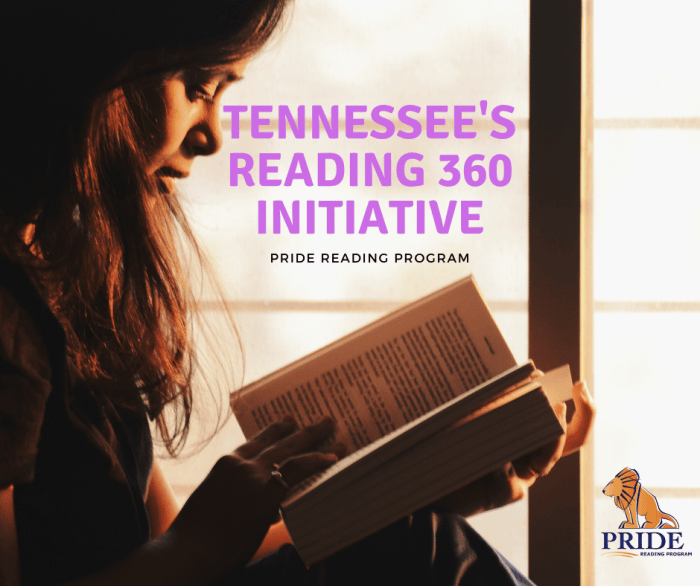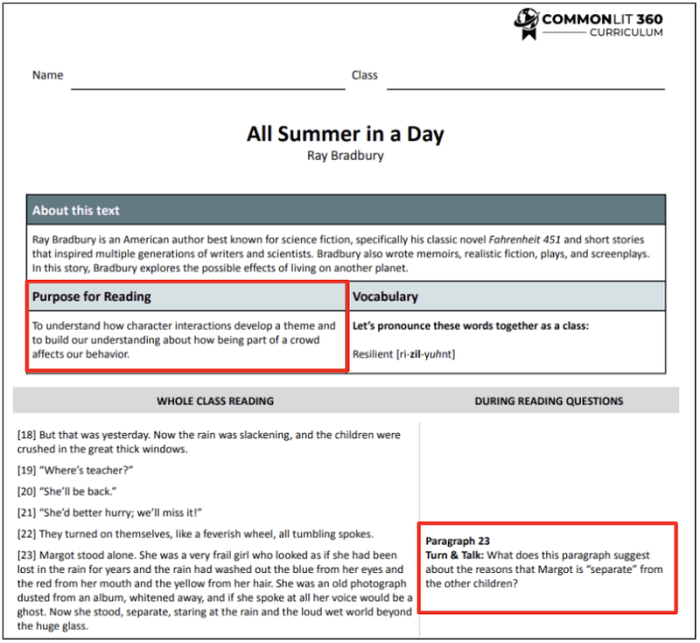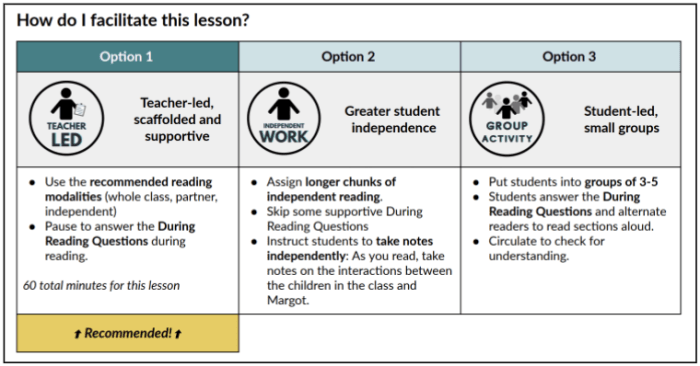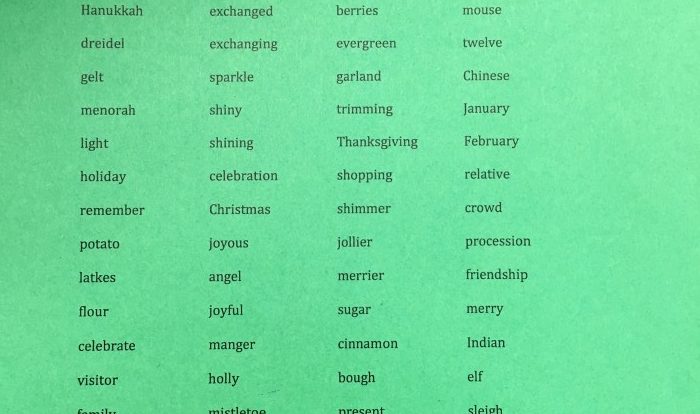Embark on a journey into the realm of Reading 360 Final Summative Exam Answers, where a comprehensive understanding of the exam’s structure, strategies, and content awaits. This guide serves as an authoritative resource, providing invaluable insights and practical guidance to help you excel in this crucial assessment.
Within these pages, you will delve into the intricacies of the exam, exploring its format, question types, and content coverage. We will unravel the secrets of effective reading comprehension strategies, empowering you with techniques to enhance your understanding and analysis of texts.
Additionally, you will gain insights into the writing and communication skills assessed in the exam, enabling you to hone your fluency and accuracy.
Exam Structure and Content
The Reading 360 Final Summative Exam assesses students’ reading comprehension, text analysis, writing, and communication skills. The exam consists of three sections:
- Reading Comprehension: This section includes multiple-choice questions and short-answer questions that test students’ ability to understand and interpret written texts.
- Text Analysis: This section requires students to analyze different types of texts, such as literary passages, articles, and speeches, and demonstrate their understanding of the text’s structure, style, and meaning.
- Writing and Communication: This section assesses students’ writing fluency and accuracy, as well as their ability to communicate their ideas effectively in written form.
Reading Comprehension Strategies

The Reading 360 Final Summative Exam tests various reading comprehension strategies, including:
- Skimming and Scanning: Reading quickly to identify key ideas and locate specific information.
- Predicting and Inferring: Making predictions based on prior knowledge and inferring meaning from context.
- Summarizing and Paraphrasing: Condensing the main ideas of a text and restating them in your own words.
- Questioning and Connecting: Asking questions about the text and making connections to other texts or experiences.
- Monitoring and Evaluating: Checking for understanding and evaluating the quality of the text.
Effective Techniques for Improving Reading Comprehension
- Preview the text: Before reading, skim the text to get a general idea of its structure and content.
- Set a purpose for reading: Determine what you want to learn from the text.
- Annotate the text: Highlight important ideas, make notes in the margins, and underline key words.
- Reread and summarize: After reading a section, reread it and summarize the main points in your own words.
- Connect to prior knowledge: Relate the text to what you already know and make connections to other texts or experiences.
Text Analysis Techniques
The Reading 360 Final Summative Exam requires students to analyze different types of texts. Common text analysis techniques include:
- Structural Analysis: Examining the text’s structure, organization, and coherence.
- Stylistic Analysis: Analyzing the author’s use of language, tone, and imagery.
- Rhetorical Analysis: Identifying the author’s purpose, audience, and persuasive techniques.
- Ideological Analysis: Examining the text’s underlying beliefs and values.
- Cultural Analysis: Exploring the text’s relationship to its cultural and historical context.
Examples of How to Analyze Different Types of Texts
- Literary Passage: Analyze the narrative structure, character development, and use of symbolism.
- Article: Examine the author’s argument, evidence, and persuasive techniques.
- Speech: Analyze the speaker’s purpose, audience, and rhetorical strategies.
Writing and Communication Skills: Reading 360 Final Summative Exam Answers

The Reading 360 Final Summative Exam assesses students’ writing and communication skills, including:
- Fluency: The ability to write smoothly and coherently.
- Accuracy: The use of correct grammar, punctuation, and spelling.
- Clarity: The ability to convey ideas clearly and concisely.
- Organization: The logical arrangement of ideas and paragraphs.
- Style: The effective use of language to engage the reader.
Strategies for Improving Writing Fluency and Accuracy, Reading 360 final summative exam answers
- Freewrite: Write without stopping to edit or censor your thoughts.
- Peer review: Ask a classmate or teacher to review your writing and provide feedback.
- Use writing software: Utilize software that checks for grammar, punctuation, and spelling errors.
- Practice regularly: The more you write, the more fluent and accurate you will become.
Time Management and Exam Preparation

Effective time management is crucial for success on the Reading 360 Final Summative Exam. Here are some tips:
- Allocate time wisely: Divide the exam time equally among the three sections.
- Pace yourself: Answer the questions you know first and return to the more difficult ones later.
- Don’t panic: If you get stuck on a question, move on and come back to it later.
- Use your time wisely: Avoid spending too much time on any one question.
Strategies for Preparing for the Exam in Advance
- Review the course material: Study the assigned readings and notes.
- Practice reading comprehension: Read a variety of texts and answer practice questions.
- Analyze different types of texts: Practice analyzing literary passages, articles, and speeches.
- Improve your writing skills: Write essays, summaries, and other types of writing.
- Take mock exams: Simulate the actual exam experience to identify areas for improvement.
Practice Questions and Mock Exams
Practice questions and mock exams are invaluable tools for preparing for the Reading 360 Final Summative Exam. Here are some resources:
- Official Practice Questions: Available on the exam website.
- Third-Party Practice Tests: Offered by various educational companies.
- Teacher-Created Mock Exams: Ask your teacher for practice exams or sample questions.
- Online Mock Exams: Available on websites such as Khan Academy and Coursera.
FAQ
What is the format of the Reading 360 Final Summative Exam?
The exam consists of multiple-choice questions, short answer questions, and an essay.
What types of questions are included in the exam?
The exam includes questions on reading comprehension, text analysis, writing, and communication skills.
How can I improve my reading comprehension?
There are a variety of strategies you can use to improve your reading comprehension, such as previewing the text, identifying the main idea, and making inferences.
